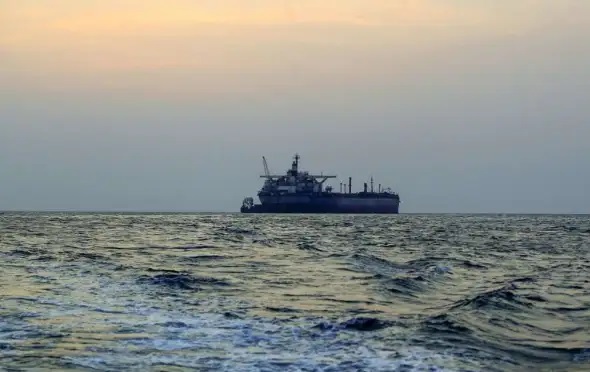The Economist revealed that the 4 companies that halted operations in the Red Sea account for 53% of the global container trade.
The war in Gaza will have implications for the global economy due to Houthi attacks on ships.
Maersk and HapagLloyd temporarily suspended their services on Dec. 15, followed the next day by CMA CGM and MSC, noting that small container operators, as well as dry bulk carriers and oil tanker companies, could follow suit.
The threat in the Red Sea and thus closing the Suez Canal route towards Europe would raise trade costs, with shipping redirected around Africa, taking more time, and increasing insurance premiums.
The attacks are likely to threaten shipping in the neighboring Arabian Sea, through which a third of the world’s seaborne oil supply may pass, and economic costs will rise dramatically.
The repercussions of the Red Sea ship traffic crisis on the global economy are the reason why the United States and its allies are inclined to act.
The level of complexity of some of the weapons used was high. The International Institute for Strategic Studies (IISS) has admitted that these forces possess a giant arsenal of anti-ship missiles, including missiles with a range of up to 800 kilometers.
Although these navies resorted to the idea of providing armed escort for commercial shipping, which the United States resorted to in the eighties, these operations are resource-intensive and require a very large number of warships, according to participating naval sources obtained by the magazine.
If the solution in the Red Sea is to “strike at Sana’a and its missile arsenal and launchers,” Washington is “unwilling to expand its involvement in the Middle East,” according to a magazine, which continued: On the other hand, Israel does not want a new conflict, in light of concern about Hezbollah in Lebanon, and in light of American pressure not to continue the war on Gaza.
